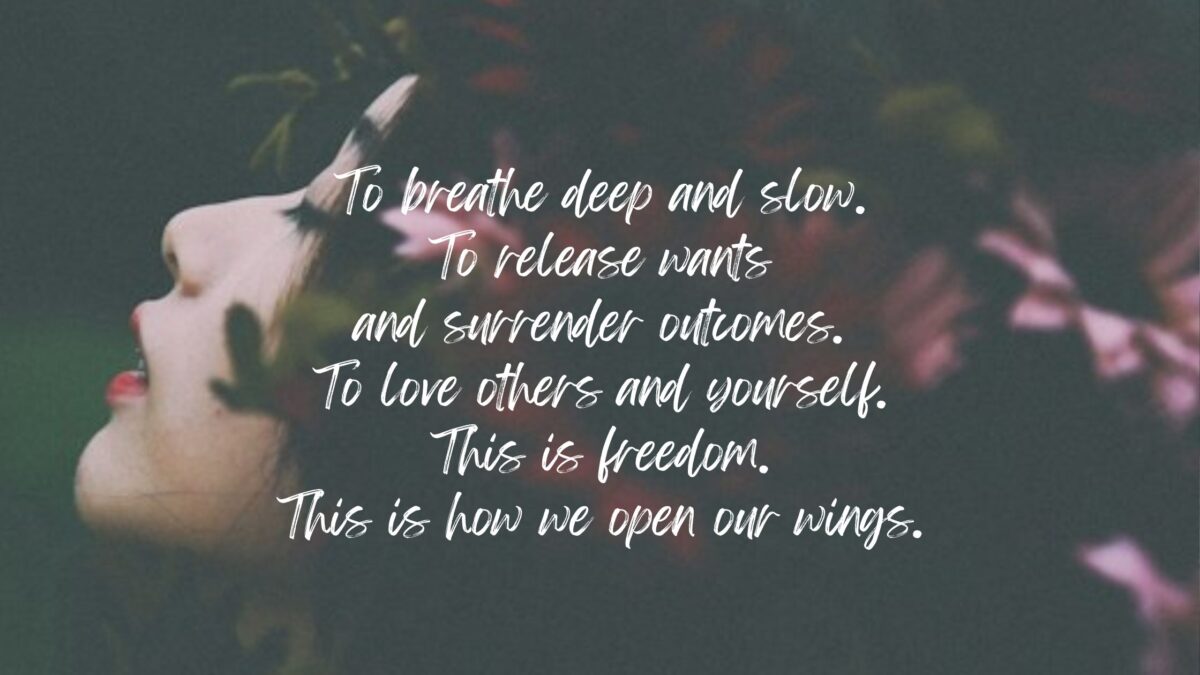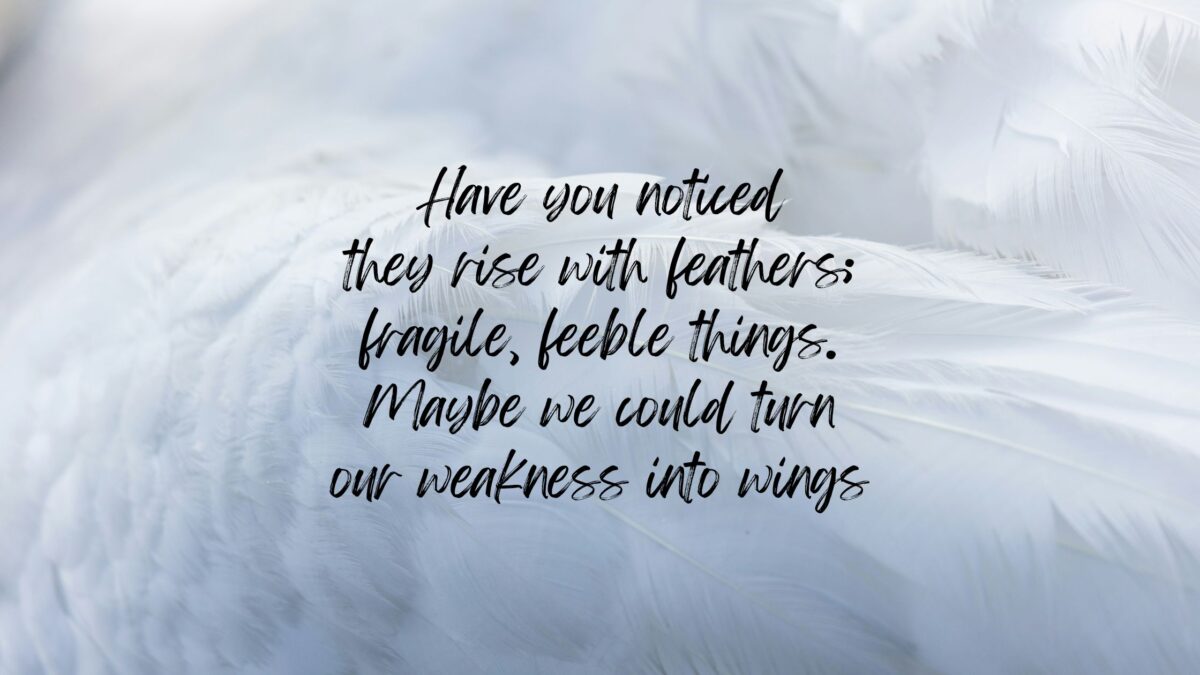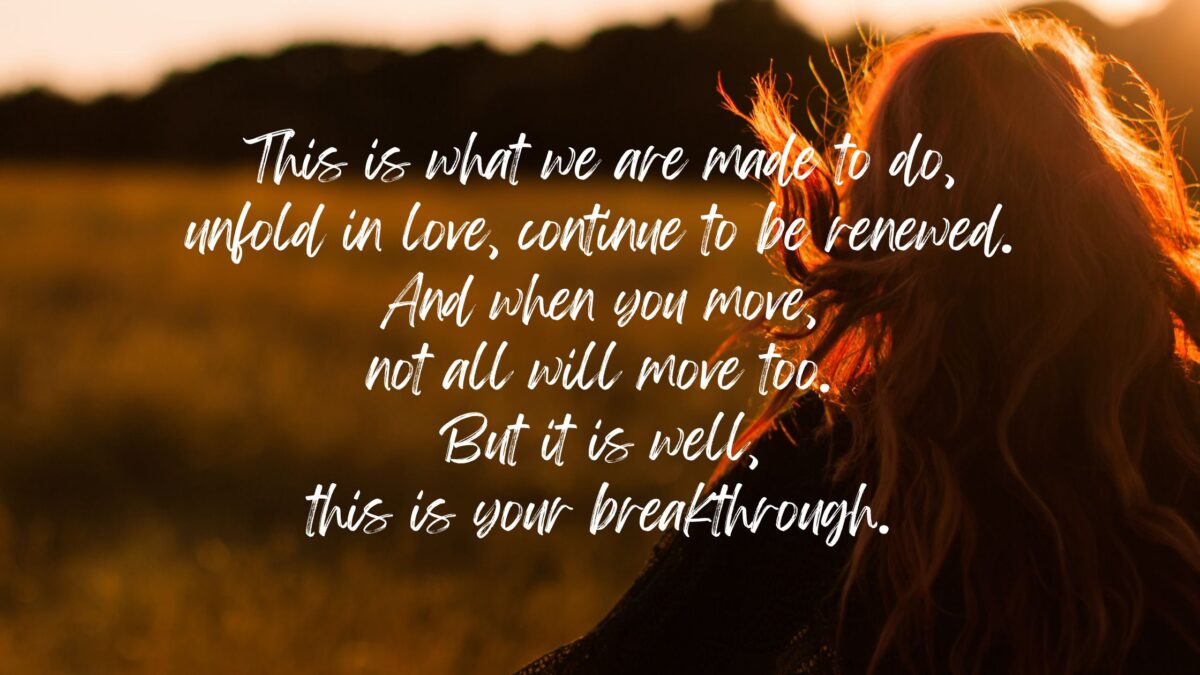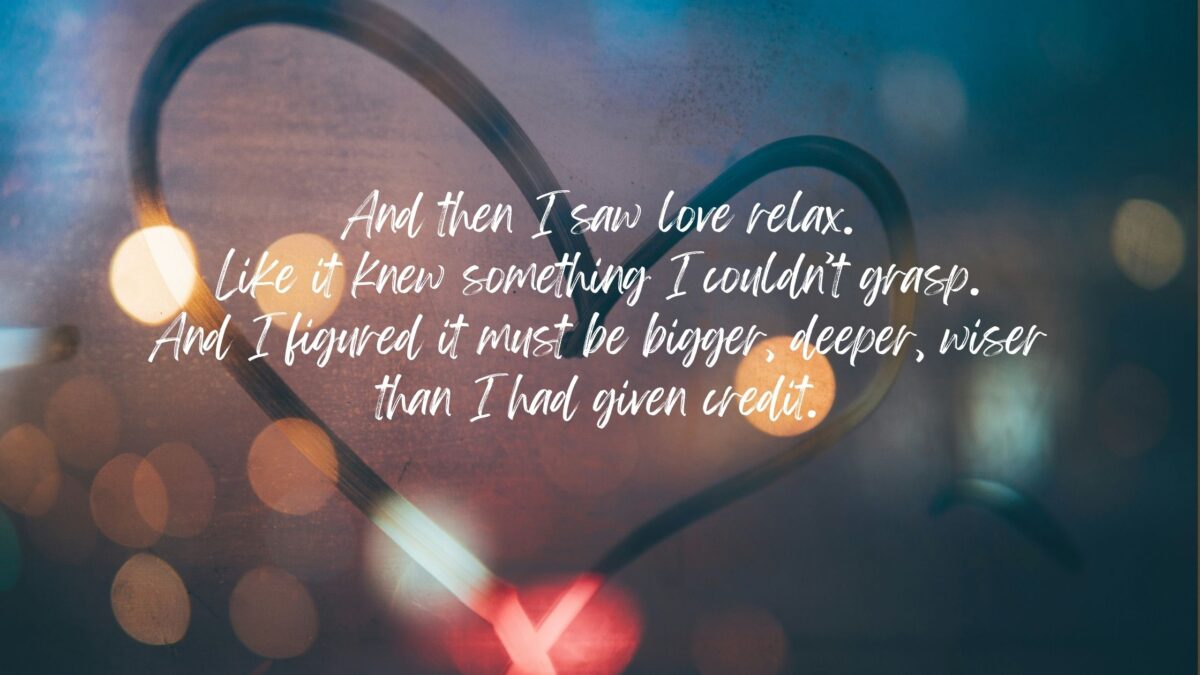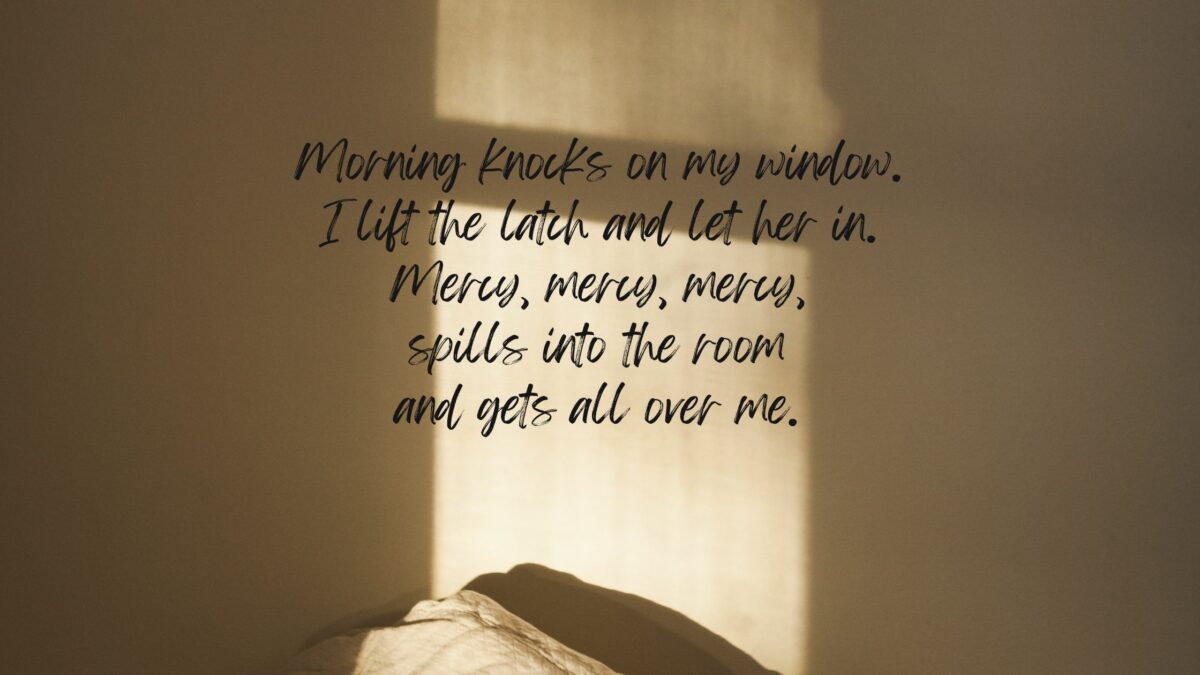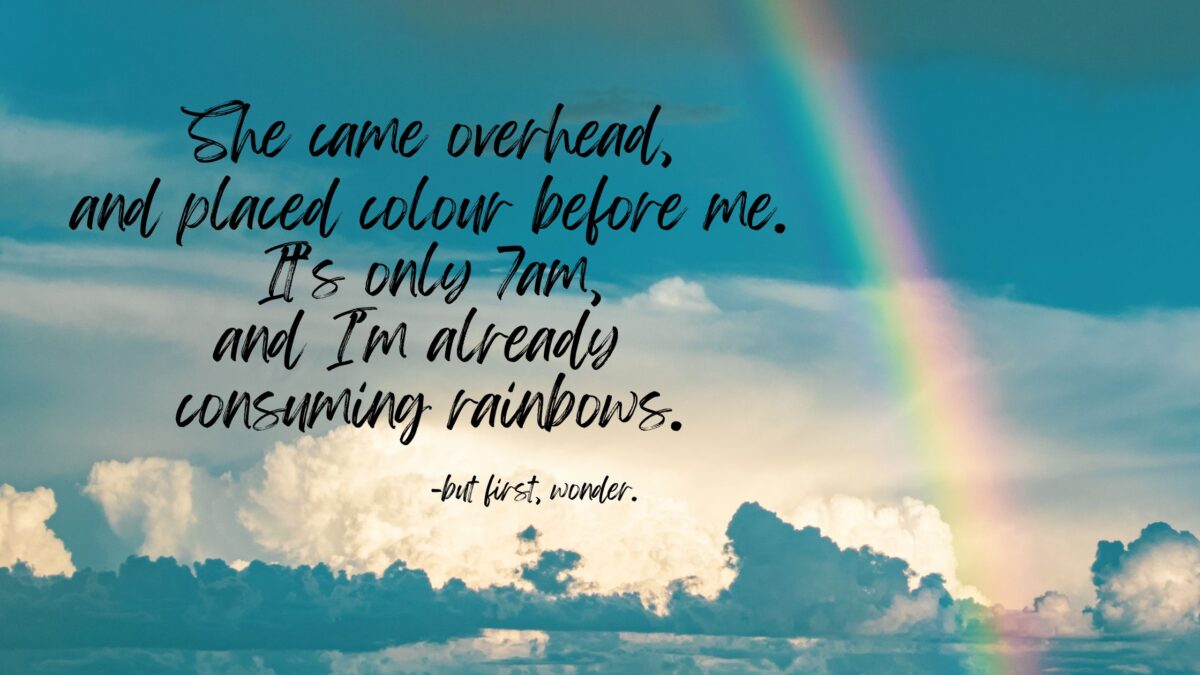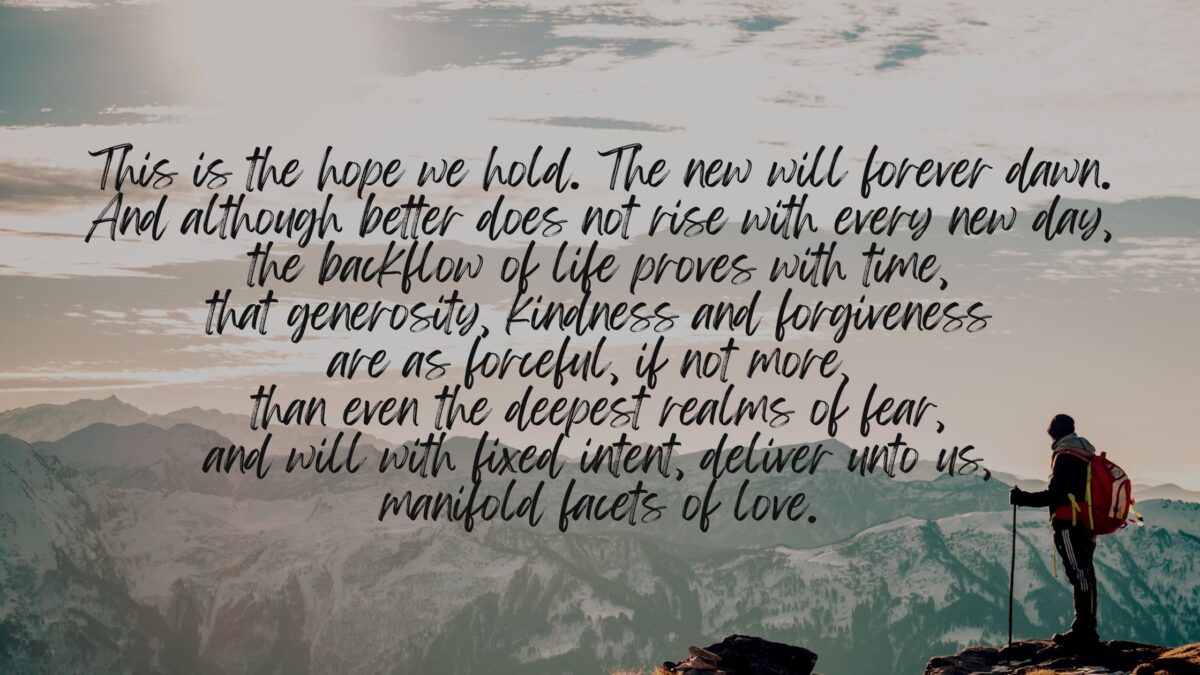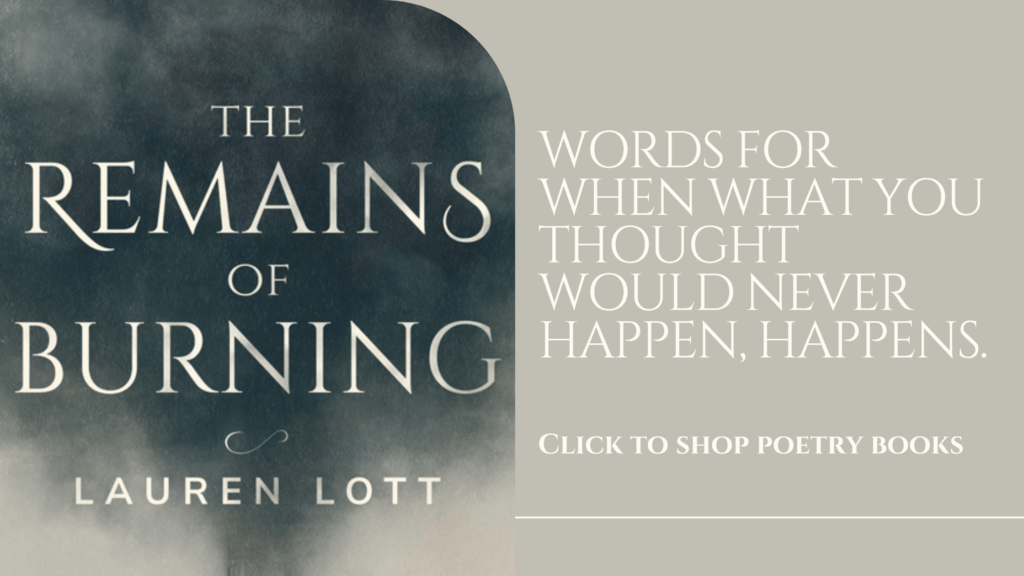Surrender journaling is a path offering a unique blend of introspection, release, and transformation.
Unlike traditional journaling, which might focus on the day’s events or future aspirations, surrender journaling invites us to let go, to release what we cannot control, and to find freedom in acceptance.
Today I want to talk to you about my experience with the liberating practice of surrender journaling and outline practical steps to integrate this method into your daily life.
What is Surrender Journaling?
Surrender journaling is a reflective practice that focuses on the art of letting go.
It is about acknowledging our fears, anxieties, and the facets of life we can’t control, then consciously deciding to release them through the written word.
This method contrasts with conventional journaling by its emphasis on emotional release rather than mere documentation or planning.
Surrender journaling serves as a gentle reminder that not all burdens are ours to carry and that there’s profound strength in vulnerability and acceptance.
The Power of Letting Go
The act of letting go can be transformative. Surrender journaling taps into this power, aiding in the alleviation of mental burdens and promoting a sense of peace.
This practice encourages us to confront our inner turmoil, not with the intention to solve it on the spot, but to acknowledge its presence and then set it free.
This process can lead to decreased stress levels, enhanced mental clarity, and a deeper connection with our inner selves.
Steps to Effective Surrender Journaling
Surrender journaling involves more than just pen and paper. Here are some steps to guide you:
- Creating a Safe Space: Begin by finding a quiet, comfortable spot where you feel secure and undisturbed. This space should invite openness and reflection, setting the stage for honest introspection.
- Setting Intentions: Before you start writing, take a moment to set your intentions. Ask yourself what you wish to release or understand better. This focused mindset primes you for a more purposeful journaling experience.
- Embracing Honesty and Vulnerability: Write freely and without self-judgment. Let your fears, disappointments, and uncertainties flow onto the page. Remember, this journal is a private sanctuary for your thoughts; there’s no need for filters here.
- Practicing Gratitude and Acceptance: Amidst acknowledging your struggles, make room to note what you’re grateful for. This balance fosters a healthier perspective, recognizing that even in chaos, there are glimmers of hope and joy.
- Reflecting and Releasing: After writing, spend a few moments in reflection. Some find it helpful to read their entries aloud or to meditate on the words written. Consider closing each session with a small ritual, like taking a deep breath and imagining the weight of your worries lifting off
Surrender journaling is not a quick fix but a journey towards self-discovery and liberation. It requires commitment, patience, and an open heart.
As you continue to practice, you’ll likely find your relationship with surrender evolving, leading to deeper insights and greater emotional freedom.
Personally, surrender journaling offered me a path to unburden my soul and embrace life’s unpredictable tides with grace and resilience. By committing to this practice, I took significant steps towards emotional well-being.
Remember, the act of letting go first feels impossible. But in time as you commit to being consistent with this practice you will see and feel the benefits that surrender journaling in all aspects of your life.
For more posts about journalling click here.
The poem featured in the image of this blog post is from ‘A Strong and Fragile Thing’ musings in reflection of the wisdom and wonder found in the natural world.
